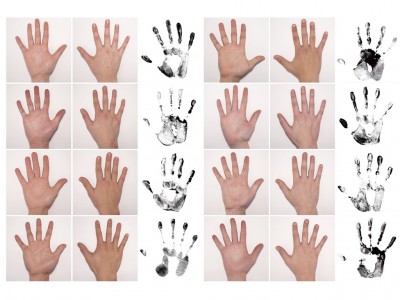Person Centered Care: The Art of Authentic Listening
With today’s emphasis on person centered care, communication skills are essential. Any senior care or hospice professional regularly interacts with people with communication challenges stemming from brain injury, stroke, hearing loss; Parkinson’s disease or Alzheimer’s disease.







